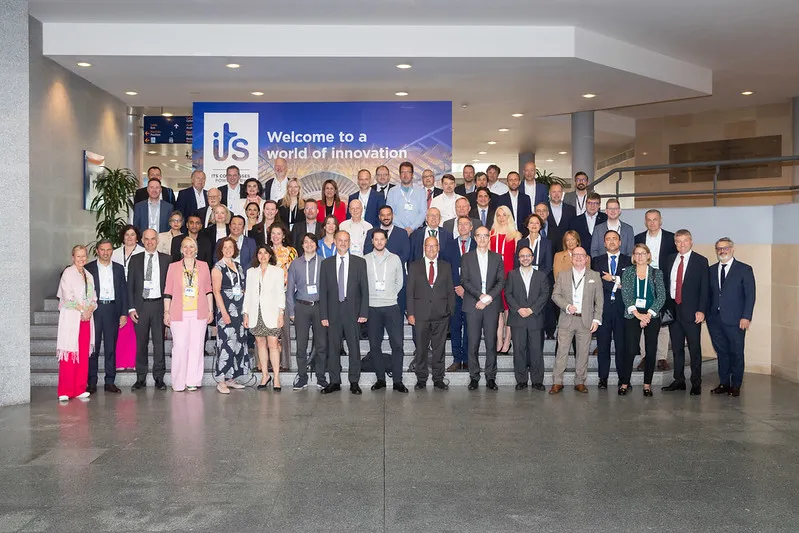The European Parliament and Council Romanian Presidency negotiators have agreed to strengthen the road infrastructure management rules to help improve road safety in the
The rules require road safety audits to be carried out during the design and construction of infrastructure projects and when roads are in use. The agreed rules extend these requirements beyond the Trans-European Transport Network roads to motorways and primary roads.
Rapporteur Daniela Aiuto, member of the Europe of Freedom and Direct Democracy Group, says: “The EU will have new safety rules with the aim of preventing and reducing the number of accidents and consequently road deaths.”
Aiuto explains that the new legislation will provide “effective measures” which will also apply to all motorways and main roads connecting major cities and regions.
The provisional agreement now needs to be approved by the Council and the Parliament as a whole and will have to be transposed into national law within two years.
EP and council negotiators agree to upgrade road infrastructure rules
The European Parliament and Council Romanian Presidency negotiators have agreed to strengthen the road infrastructure management rules to help improve road safety in the European Union.
The rules require road safety audits to be carried out during the design and construction of infrastructure projects and when roads are in use. The agreed rules extend these requirements beyond the Trans-European Transport Network roads to motorways and primary roads.
Rapporteur Daniela Aiuto, member of the Europe of
February 27, 2019
Read time: 2 mins










